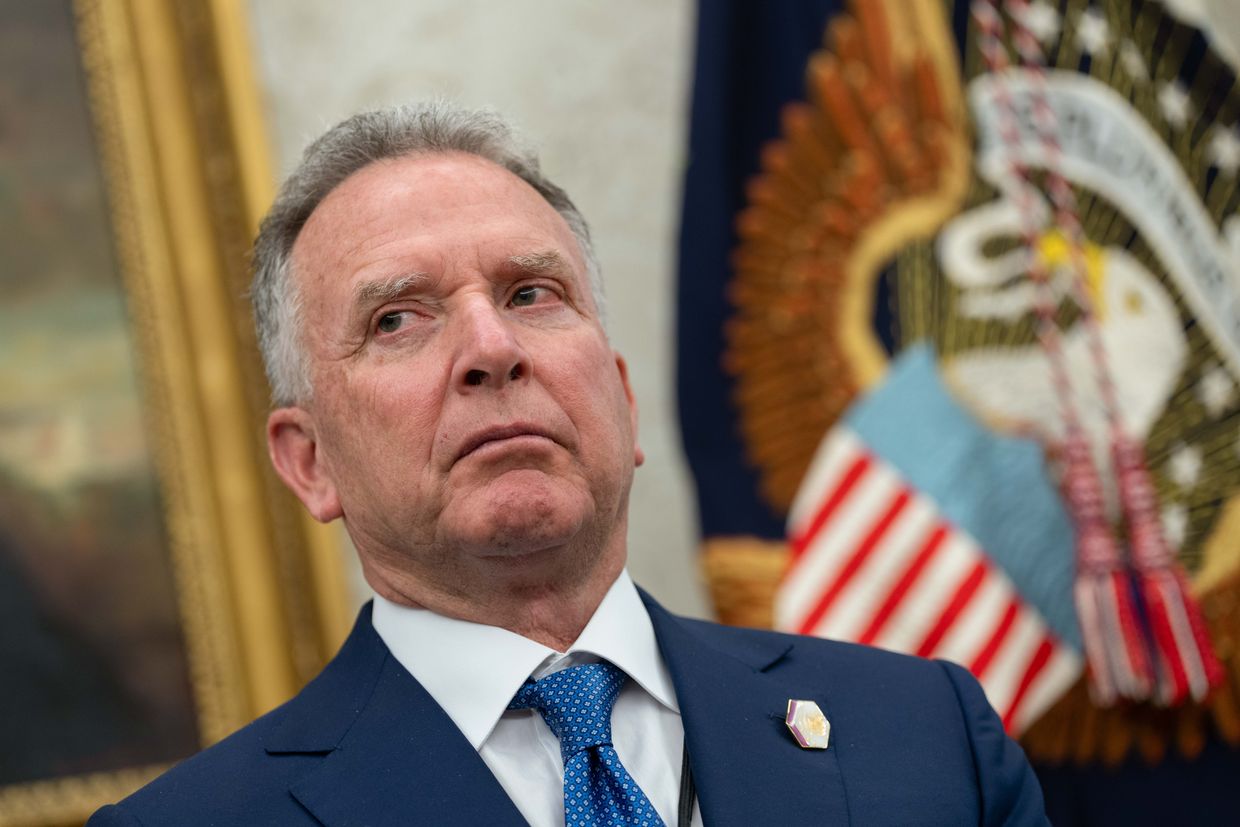EU readies 'plan B' for bypassing Hungary's Russia sanctions veto, RFE/RL reports

EU legal experts are exploring a potential method of preventing Hungary from derailing the extension of sanctions imposed on Russia this July, Radio Free Europe/Radio Liberty reported on April 15.
The European bloc has adopted 16 packages of sanctions on Russia since the outbreak of the full-scale invasion of Ukraine in 2022.
Since their extension requires a unanimous approval every six months, Hungary, broadly seen as the most Moscow-friendly EU member, has repeatedly threatened to derail the process while extracting exemptions from listings.
One of the main options Brussels has for bypassing Hungary's veto is to leave the sanctions in effect without the formal extension.
The EU sanctions consist of two documents adopted one after another: a decision and a regulation. While a regulation must by extended by all 27 members every six months, a decision remains in force until a qualified majority repeals it, RFE/RL wrote.
This would mean that the already-imposed decision on sanctions would remain in force without the need for extension — an unprecedented move that would open the door to legal challenges.
This method is reportedly not the only one on the table. Another option under consideration is that the upcoming 17th sanctions package would not be actually adopted but instead "horse-traded" with Hungary for the extension, RFE/RL reported.
The EU could also potentially let the sanction lapse but instead raise tariffs on Russia, a decision that does not require unanimity, or adopt mirroring sanctions on national levels.
The European bloc has sanctioned some 2,500 individuals and entities as part of its sanctions against Russia. Measures like visa bans and asset freezes are reviewed in March and September, while sanctions like import bans are renewed in January and July.
Brussels managed to negotiate an extension of sanctions in March despite Hungary's veto threats. Hungarian Prime Minister Viktor Orban, who has obstructed aid to Kyiv and sanctions against Russia for the past three years, has been further emboldened by the election victory of U.S. President Donald Trump.
Orban argues that Trump's push toward peace, which so far has included mostly pressure against Ukraine, means the EU must also abandon its military support for Kyiv and reopen dialogue with Moscow.
The Trump administration has suggested that the lifting of sanctions, including those imposed by the EU, would have to be part of an eventual peace settlement.












